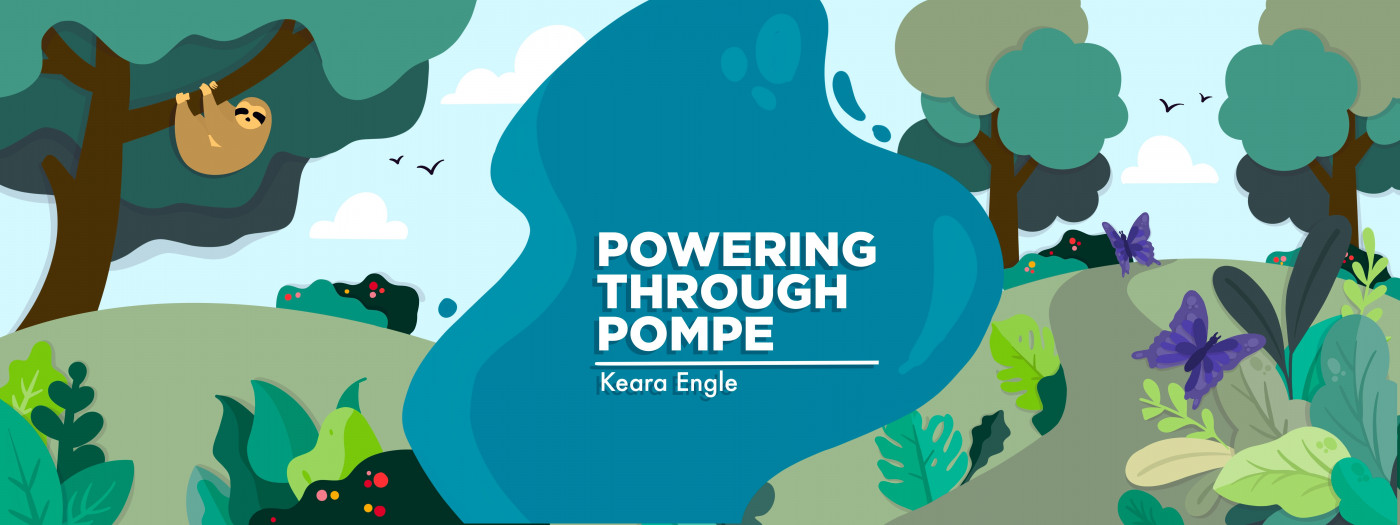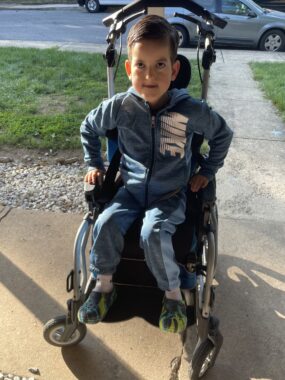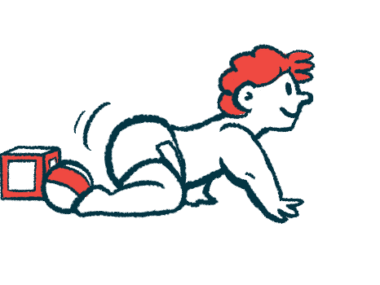My son’s first week of school was a great success, despite my concerns
A columnist's son, who has Pompe, attends first grade at a new school
Written by |

After attending new student orientation at my 6-year-old son Cayden’s new school a few weeks ago, we eagerly anticipated the first day of classes. Now that he has officially completed the first week of first grade, we have lots of great updates to share.
Every day when Cayden arrived home, he said he had a great day and shared all of his adventures at school. Cayden has infantile-onset Pompe disease, so he requires a bit more help than most children his age. Because of this, a nurse attends school with him every day. He needs help with toileting, getting from place to place in his wheelchair, and getting his lunch through a gastrostomy tube.
The nurse who attends school with him is great. She takes really good care of him and her communication skills are top tier. Cayden was anxious to tell me about his first gym class of the week. The children were asked to run up and down the gym. Although Cayden can’t walk or run, his nurse made sure he was included by pushing him in his wheelchair and running with him.
A captive audience
I was nervous about him making friends at his new school. He’s a fairly social kid, but it takes him a while to warm up to people, especially in big crowds. I quickly discovered that I was worried for no reason. Cayden’s teacher told me that he’s a pretty popular kid on the playground. Lots of children were eager to play catch with him and talk to him. It seems like he got to know a few of them fairly well this first week.
One of my favorite parts of the week was when I joined his classroom to teach his classmates about Pompe disease and their new friend, Cayden. It can be challenging to explain such a rare and complex disease to a bunch of young children.
Thankfully, we received a book a few weeks ago that helped with this process. The book, by Julie Garfield, Allyson Lock, and Ben Lock, is titled “Pompe and Me.” Garfield is an amazing woman from the U.K., who has late-onset Pompe disease and does a lot for the Pompe community, especially children. We were so happy when she released this child-friendly book, which was delivered to us at the perfect time — just weeks before the start of the school year.

Cayden Camacho waits patiently for a van to pick him up on his second day of school. Cayden is in first grade. (Photo by Keara Engle)
I read the book to his class and then had a few words and stories of my own to share. The children had lots of questions, which I anticipated. Some of them asked common questions such as, “Why is he in a wheelchair?” and “Why does he talk differently?” Others had more complex questions such as, “How does he get into bed at night?” and “Does your house have stairs? How does he get up a flight of stairs?”
One little girl even raised her hand to say, “I know why he’s like that. It’s because some people are just born that way!” It blew my mind to hear such a big and accurate statement come from a young child. She’s right — some people are just born this way. Pompe is something that parents can’t control. Because it’s a genetic disease, there’s not much you can do to prevent it.
It was heartwarming to speak to the kids and answer their questions. Not only are we spreading awareness about Pompe disease by informing Cayden’s classmates about it, but we’re also opening them up to a whole new world of things. Many of the children hadn’t had a chance to see a child with extra needs, or even become friends with one. This experience allowed them to get to know Cayden on a more personal level.
I don’t doubt that these children will do great with Cayden this year, even at their young age. There’s always a bit of fear that some kids won’t be so kind to Cayden because of his differences. However, after joining his class and meeting the children, I have nothing to fear. All of his classmates seemed so kind and compassionate.
I’m looking forward to seeing what the rest of the year has to offer. For now, I feel like I can finally take a breath knowing that the first week of school is under our belts and it’s been great so far.
Note: Pompe Disease News is strictly a news and information website about the disease. It does not provide medical advice, diagnosis, or treatment. This content is not intended to be a substitute for professional medical advice, diagnosis, or treatment. Always seek the advice of your physician or other qualified health provider with any questions you may have regarding a medical condition. Never disregard professional medical advice or delay in seeking it because of something you have read on this website. The opinions expressed in this column are not those of Pompe Disease News or its parent company, Bionews, and are intended to spark discussion about issues pertaining to Pompe disease.




Leave a comment
Fill in the required fields to post. Your email address will not be published.